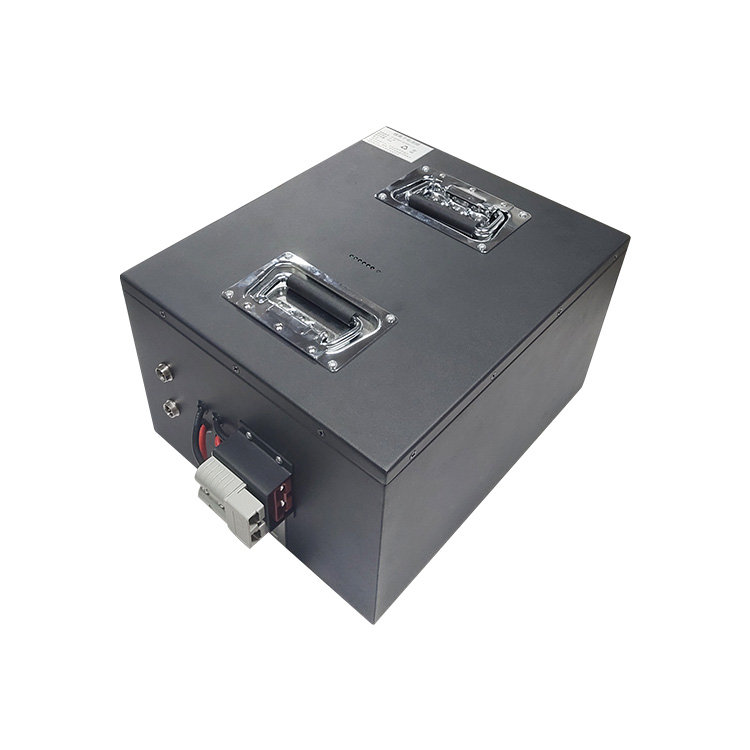Application of Organic Materials in Power Lithium Battery
Power lithium battery as a high energy density battery technology, it has been widely used in electric vehicles, unmanned aerial vehicles, mobile communications and other fields. However, traditional power lithium batteries still have some challenges in terms of safety, cycle life and cost. In order to solve these problems, scientists began to research and develop new organic materials to replace traditional inorganic materials to improve the performance and safety of power lithium batteries. This article will introduce the application of organic materials in power lithium batteries, and discuss its advantages and challenges.
I. Application of organic materials:
-
organic Electrolyte: inorganic electrolyte used in traditional power lithium batteries has the risk of flammable explosion at high temperature. As an alternative, organic electrolyte has lower combustion risk and wider operating temperature range. At the same time, organic electrolyte can also provide higher ionic conductivity and improve the power density and cycle life of the battery.
-
Organic electrode material: the positive and negative materials of traditional power lithium batteries are usually inorganic materials, such as lithium cobalt oxide, graphite, etc. As a new alternative, organic electrode materials have higher theoretical specific capacity, lower cost and better environmental friendliness. The research of organic electrode materials aims to improve the energy density and cycle life of batteries.
-
Organic additives: organic additives can be added to the positive and negative materials in the power lithium battery to improve the performance of the battery. For example, adding some organic additives can slow down the attenuation speed of the battery and improve the cycle life and stability of the battery. Organic additives can also improve the safety of the battery and reduce the risk of fire and explosion of the battery under high temperature or overcharge state.
II. Advantages:
-
improved safety: Compared with traditional inorganic materials, organic materials have lower combustion risk and better thermal stability. This means that organic materials can reduce the risk of fire and explosion in the high temperature or overcharged state of the battery and improve the safety of the battery.
-
Environmental friendliness: organic materials usually have better environmental friendliness because they do not contain elements harmful to the environment and health, such as heavy metals. The application of organic materials canReduce dependence on natural resources and reduce the impact of battery manufacturing and processing processes on the environment.
-
Performance improvement: organic materials have higher energy density and cycle life, which can improve the energy storage capacity and service life of batteries. The application of organic materials can also improve the power density of the battery, so that it can better meet the application scenarios with high energy requirements.
III. Challenges:
-
energy density limitation: at present, organic materials still have certain limitations in energy density, and compared with traditional inorganic materials, there is still room for improvement. Scientists need to further research and develop new organic materials to improve the energy density of power lithium batteries.
-
Cycle Life stability: the stability of organic materials in long-term recycling is still a challenge. Scientists need to find suitable organic materials to improve the cycle life and stability of batteries.
The application of organic materials in power lithium batteries is of great significance. They can improve the safety, environmental friendliness and performance of batteries, and further promote the development and application of power lithium batteries. Although organic materials still face some challenges in energy density and cycle life, the research and efforts of scientists will help to overcome these problems and bring more possibilities for the future development of power lithium batteries.
 Dongguan Juneng New Energy Technology Co., Ltd.
Dongguan Juneng New Energy Technology Co., Ltd.
 137 5142 6524(Miss Gao)
137 5142 6524(Miss Gao)
 susiegao@power-ing.com
susiegao@power-ing.com
 Xinghuiyuan High tech Industrial Park, Dalang Town, Dongguan City, Guangdong Province
Xinghuiyuan High tech Industrial Park, Dalang Town, Dongguan City, Guangdong Province













 Yue Gong Wang An Bei No. 4419002007491
Yue Gong Wang An Bei No. 4419002007491